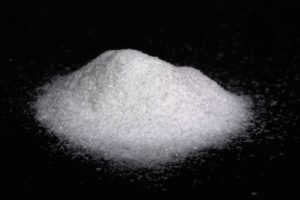
It turns out that artificial sweeteners alter the gut microbiome, specifically the duodenum (the first part of the small intestine after the stomach). And not in a good way.
The gut microbiome is the community of microbes (bacteria, fungi, viruses) that lives in the small intestine - and it looks different in persons who use artificial sweeteners compared to persons who don't.
Researchers found that artificial sweeteners lowered microbial diversity (not good), and increased numbers of harmful bacteria in the duodenum. They also alter inflammation markers that circulate in the blood in a negative way. The use of non-aspartame artificial sweeteners (sucralose, saccharin, stevia) had slightly different effects than aspartame, but both overall had negative effects (when compared to gut microbiomes of persons not ingesting artificial sweeteners in their diet).
From Medical Xpress: Could artificial sweeteners alter your microbiome?
You may think that artificial sweeteners can help you lose some weight, but a new study finds they are no good for your gut's microbiome. ...continue reading "Artificial Sweeteners Alter the Gut Microbiome"

 Another recent study found that consuming artificial sweeteners do harm. In August a study found that artificial sweeteners alter both
Another recent study found that consuming artificial sweeteners do harm. In August a study found that artificial sweeteners alter both